5 Ways How Drones are Changing the Business World
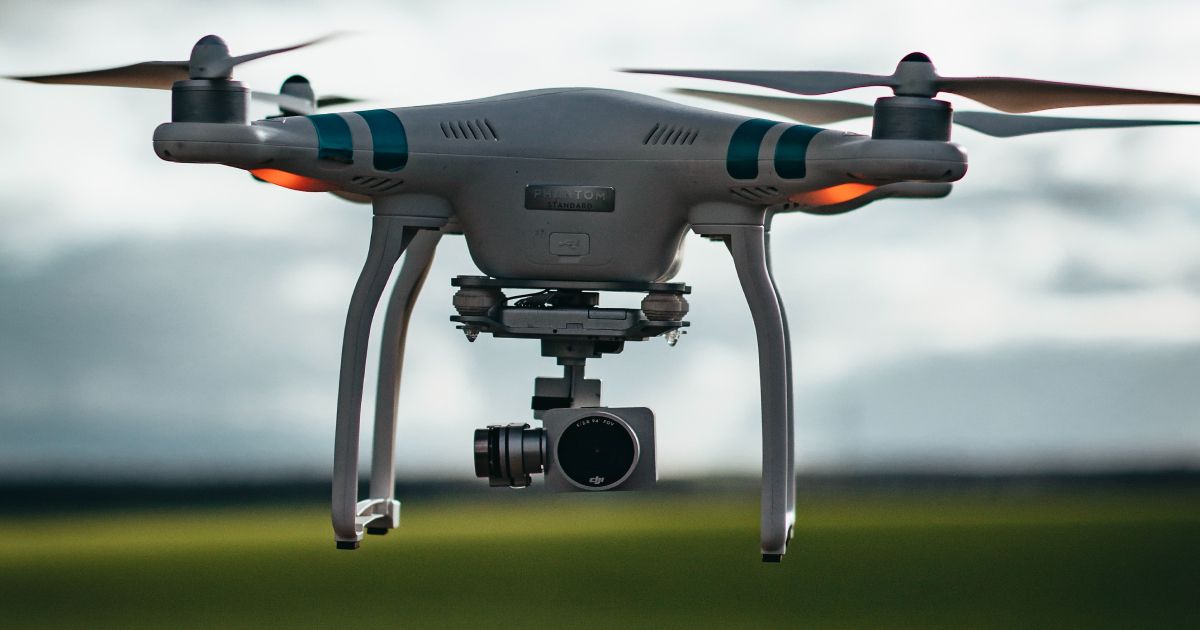
Drones, also known as Unmanned Aerial Vehicles (UAVs), have become increasingly prevalent in various industries, transforming the way businesses operate and interact with their environments.
These versatile aerial devices have gone beyond their initial recreational use and are now making a significant impact across different sectors.
In this article, we will explore five ways drones are revolutionizing the business world and opening up new possibilities for innovation, efficiency, and growth.
1) Enhanced Surveillance and Security
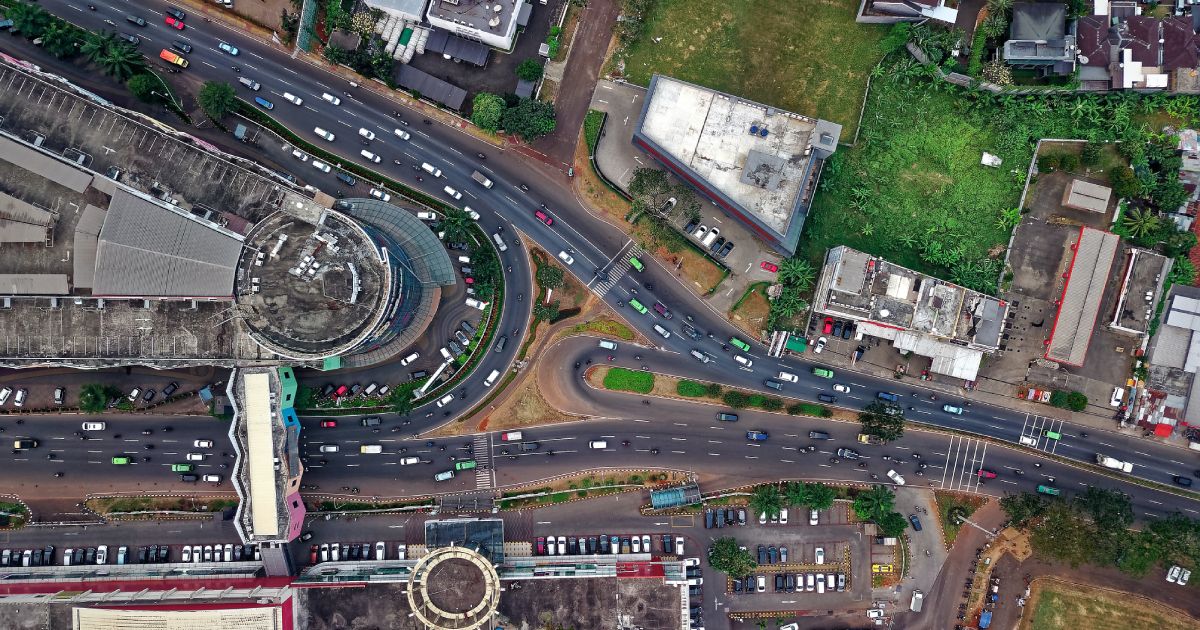
In today's rapidly evolving business landscape, drones have emerged as invaluable assets in enhancing surveillance and security operations across various industries. Their advanced capabilities, including cutting-edge cameras and sensors, empower them to swiftly and effectively monitor expansive areas, delivering real-time insights for businesses engaged in agriculture, construction, and infrastructure management.
With the ability to cover large swaths of land and capture detailed imagery, drones offer invaluable assistance in monitoring crops, assessing construction sites, inspecting pipelines, and safeguarding other critical assets. The timely detection of potential issues, such as infrastructure damage, equipment malfunctions, or security breaches, allows businesses to respond promptly and accurately, mitigating risks and safeguarding their valuable assets.
By elevating surveillance capabilities, drones play a pivotal role in bolstering risk management practices and enabling more informed decision-making, ultimately cultivating an environment of enhanced safety and security for businesses and their invaluable resources.
2) Efficient Data Collection and Mapping

In the past, collecting data from vast geographical areas or remote locations was a daunting and resource-intensive endeavor. However, the advent of drones has revolutionized data collection practices, providing businesses with an efficient and cost-effective solution. Industries such as agriculture, environmental monitoring, and land surveying have particularly benefited from drones' capabilities, as they can effortlessly capture high-resolution aerial imagery and create accurate maps and 3D models.
The wealth of data obtained from these aerial surveys equips businesses with valuable insights that were previously challenging to acquire. With a comprehensive view of their operations and surroundings, businesses can make more informed strategic decisions, optimizing resource allocation, and refining planning processes. The ability to gather such data-rich insights in a swift and cost-effective manner has significantly bolstered efficiency and productivity across various industries.
Additionally, industries involved in environmental monitoring and land surveying have harnessed the power of drones to conduct detailed assessments of ecologically sensitive areas and infrastructure projects. The high-resolution imagery captured by drones aids in environmental impact assessments, wildlife monitoring, and land development surveys, ensuring a more comprehensive and environmentally conscious approach to business practices.
In essence, drones have become invaluable partners in data-driven decision-making, empowering businesses to thrive in an increasingly competitive and environmentally conscious world.
3) Faster and More Efficient Deliveries
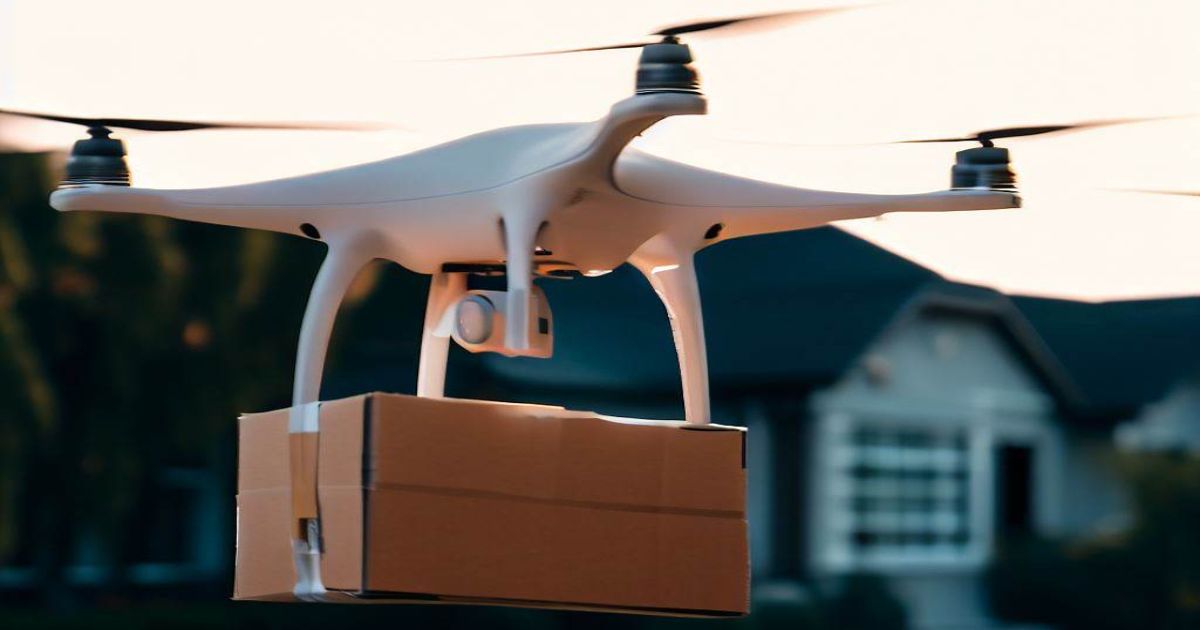
Undeniably, one of the most remarkable ways drones are reshaping the business world is through the advent of aerial delivery services. Companies operating in the logistics and e-commerce sectors are enthusiastically embracing drones as an innovative solution to deliver goods directly to customers' doorsteps with unparalleled speed and efficiency.
The utilization of drones in delivery operations presents a myriad of advantages, particularly in reducing delivery times for time-sensitive or urgent items. By bypassing conventional transportation methods and navigating through traffic and obstacles with ease, drones streamline the delivery process, ensuring that customers receive their orders promptly and without delays.
The introduction of drone delivery services is not limited to urban areas alone; their ability to access remote and challenging locations is a game-changer for businesses operating in remote regions. In areas with limited road infrastructure or challenging terrains, drones offer a lifeline for delivering essential goods, medical supplies, and emergency aid. The seamless integration of drones in delivery services not only enhances overall efficiency but also expands market reach and customer accessibility for businesses.
By reaching customers in previously underserved locations, companies can seize untapped markets, strengthen customer loyalty, and establish a competitive edge in the dynamic landscape of e-commerce and logistics. With the rise of drone delivery services, businesses are venturing into a new era of unparalleled customer convenience, and consumers are witnessing the evolution of faster and more reliable delivery solutions.
4) Precision Agriculture and Crop Management
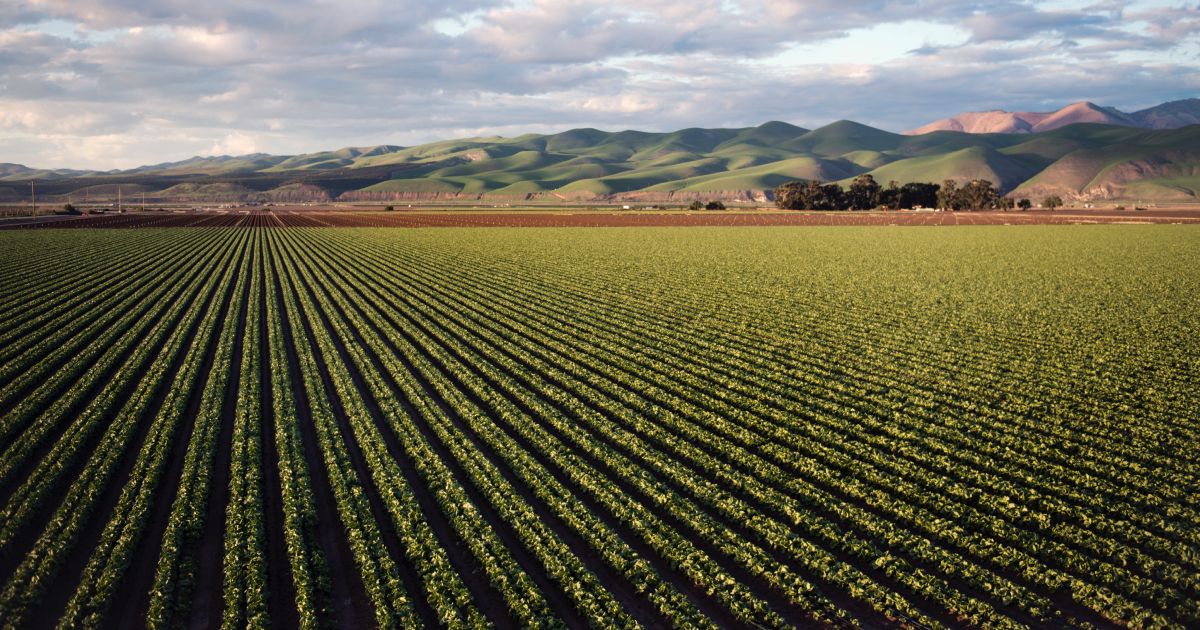
The agriculture sector is experiencing a profound transformation with the integration of drones, especially in the realm of precision agriculture and crop management. Equipped with an array of advanced sensors, including infrared cameras and multispectral imaging devices, drones have become indispensable tools for assessing crop health, monitoring soil conditions, and identifying irrigation-related concerns.
This data-driven approach empowers farmers with comprehensive insights into the health and performance of their crops, enabling them to make informed decisions and implement targeted interventions for optimal results. By leveraging drones to precisely apply fertilizers or pesticides only where needed, farmers can minimize waste and reduce environmental impacts, while simultaneously maximizing crop yields and improving overall agricultural efficiency.
Moreover, drones' ability to cover vast farmlands efficiently is a game-changer for modern agriculture. With the capacity to monitor large areas from above, drones provide farmers with a bird's-eye view of their fields, allowing them to identify potential issues in real-time. Early detection of crop stress, disease outbreaks, or pest infestations enables proactive measures to be taken swiftly, mitigating crop losses and preserving yields. The integration of drones into farming practices is shifting traditional approaches toward more data-driven and sustainable methodologies, positioning agriculture for greater productivity and resilience in the face of changing environmental and market conditions.
As drones continue to evolve and become more accessible to farmers worldwide, the future of precision agriculture holds promise for efficient resource utilization, reduced environmental impact, and enhanced food production to meet the growing demands of a global population.
5) Inspections and Maintenance
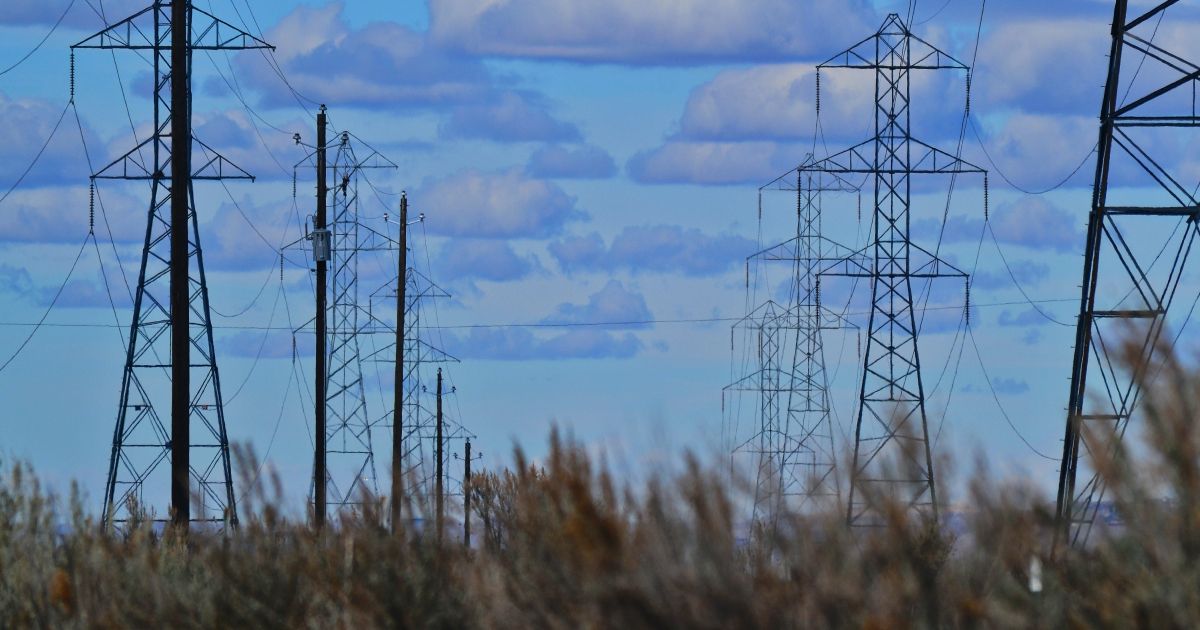
The integration of drones into inspection and maintenance operations is revolutionizing industries such as energy, utilities, and infrastructure. Employing drones to inspect critical assets like power lines, pipelines, bridges, and buildings offers businesses a cost-effective and efficient alternative to traditional manual inspections.
Equipped with high-definition cameras and thermal imaging capabilities, drones can meticulously scan these structures, identifying potential defects, leaks, or structural weaknesses with remarkable accuracy. By capturing detailed imagery from aerial perspectives, drones provide valuable data that aids businesses in proactive maintenance, enabling them to address issues before they escalate into costly and disruptive problems.
A key advantage of using drones for inspections is the enhancement of personnel safety. By minimizing the need for workers to undertake hazardous manual inspections in challenging environments, businesses can significantly reduce the risk of accidents and injuries. Drones are capable of accessing hard-to-reach or dangerous areas, enabling inspectors to assess assets from a safe distance. As a result, businesses can maintain a safer working environment for their personnel while ensuring comprehensive inspections are carried out without compromising on accuracy or quality.
The seamless integration of drones into inspection and maintenance practices is optimizing asset management, streamlining operations, and fostering a proactive approach to infrastructure upkeep, ultimately bolstering the reliability and safety of vital systems in various industries.
Top Drone Companies
- DJI (Dà-Jiāng Innovations Science and Technology Co., Ltd.): DJI is a Chinese technology company and a global leader in consumer and professional drones. They are known for their popular Phantom, Mavic, and Inspire series, which are widely used in photography, videography, and various commercial applications.
- Parrot: Parrot is a French drone manufacturer that offers a range of consumer and professional drones. Their products are known for their user-friendly design and advanced features, appealing to both hobbyists and professionals.
- Autel Robotics: Autel Robotics is a US-based drone manufacturer known for producing high-quality and feature-rich consumer drones. Their Evo series has gained popularity for its impressive camera capabilities and flight performance.
- Yuneec International: Yuneec is a Chinese drone manufacturer that produces a variety of consumer and professional drones. They are known for their Typhoon series, which offers stable flight and high-quality cameras.
- Skydio: Skydio is a US-based drone company that focuses on autonomous drones. Their drones are equipped with advanced artificial intelligence and obstacle avoidance technology, making them suitable for various applications, including filming and inspection tasks.
Final Thoughts
Drones are reshaping the business world by offering innovative solutions to longstanding challenges. From surveillance and security to data collection, delivery services, precision agriculture, and inspections, drones are proving their value across various industries.
As technology continues to advance, and regulations evolve to accommodate their integration into the business ecosystem, drones are expected to play an even more significant role in optimizing operations, improving efficiency, and fostering growth for businesses worldwide.
Embracing the potential of drone technology is essential for companies looking to stay ahead of the competition and capitalize on the transformative benefits they bring to the business world.





